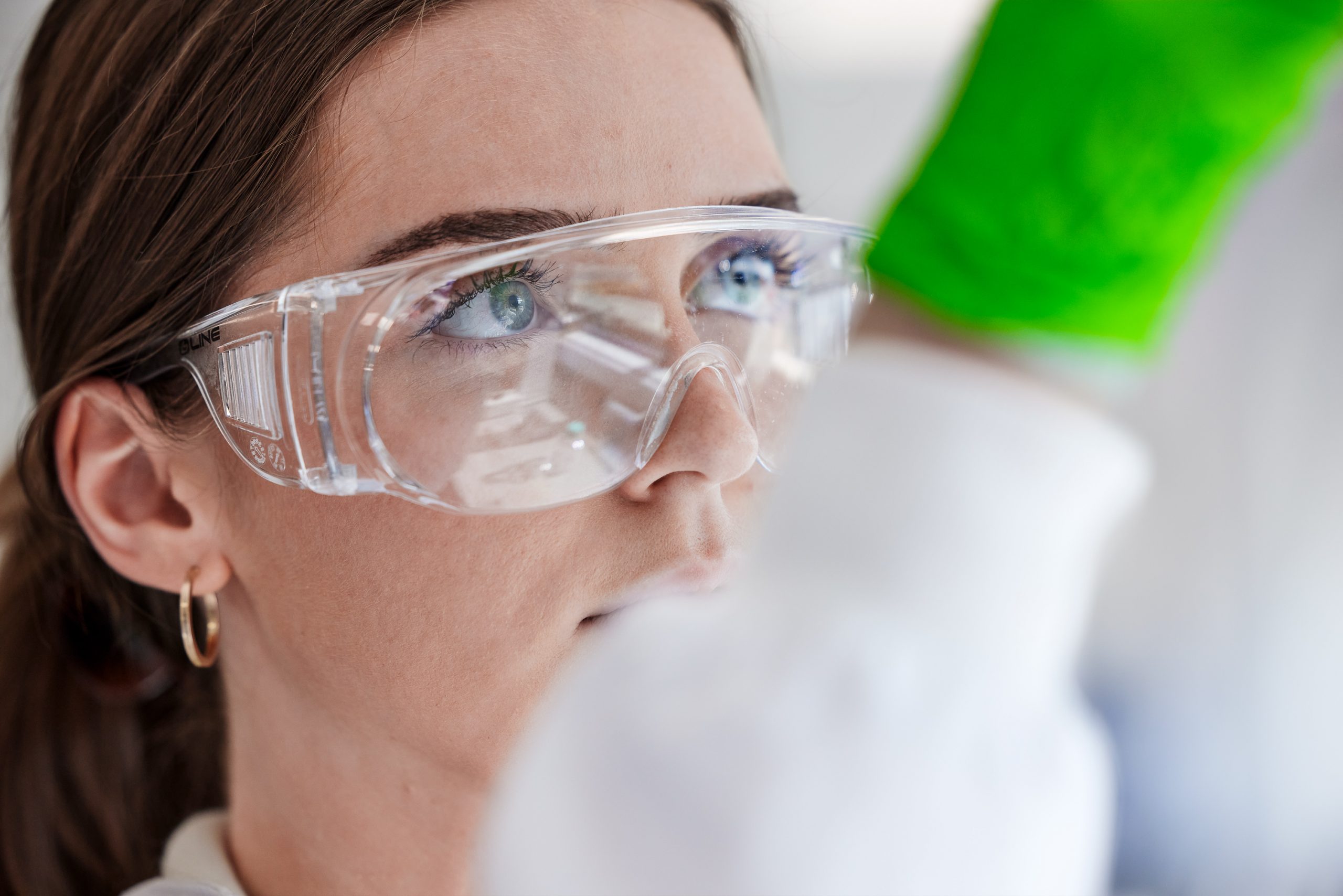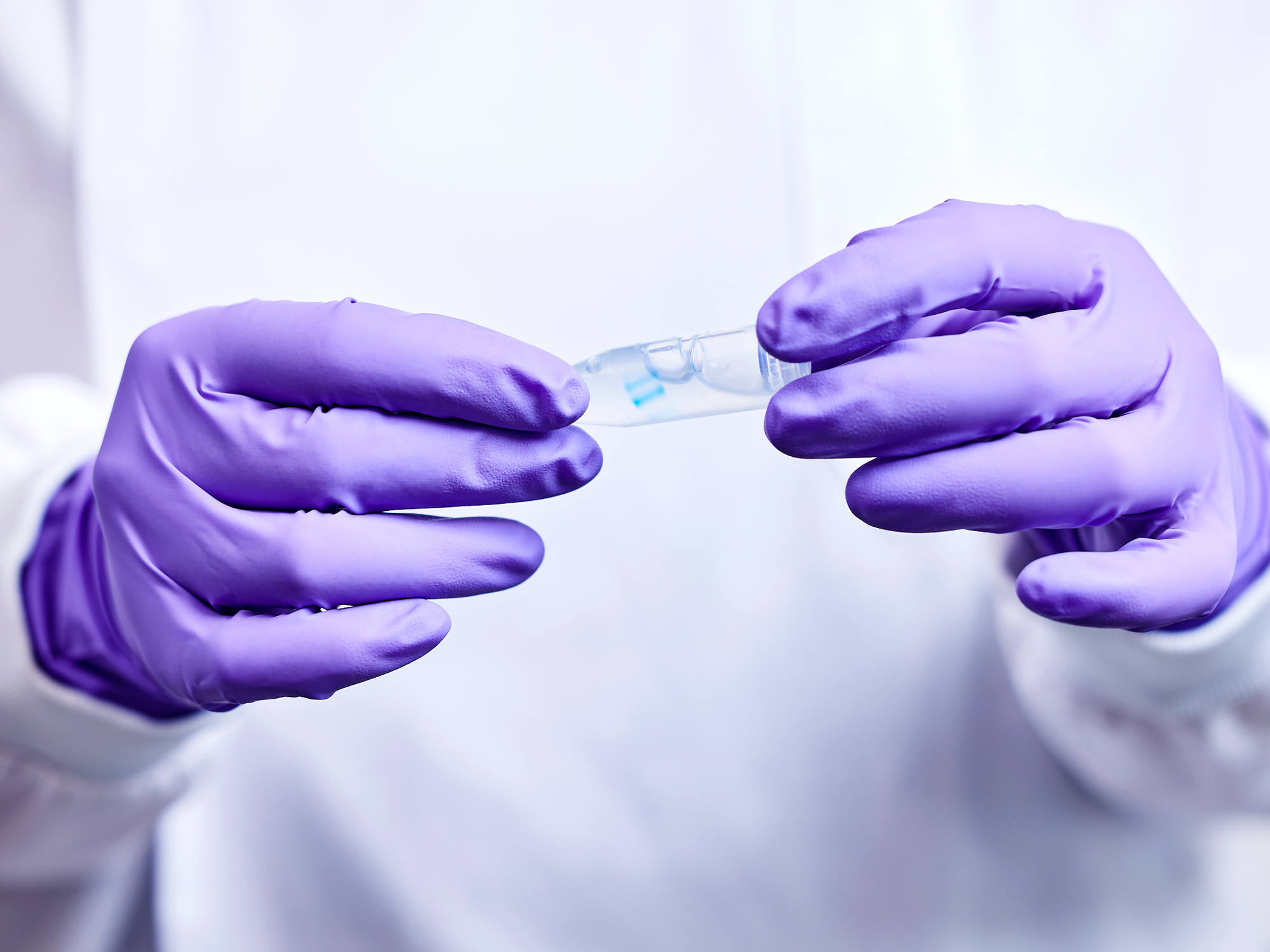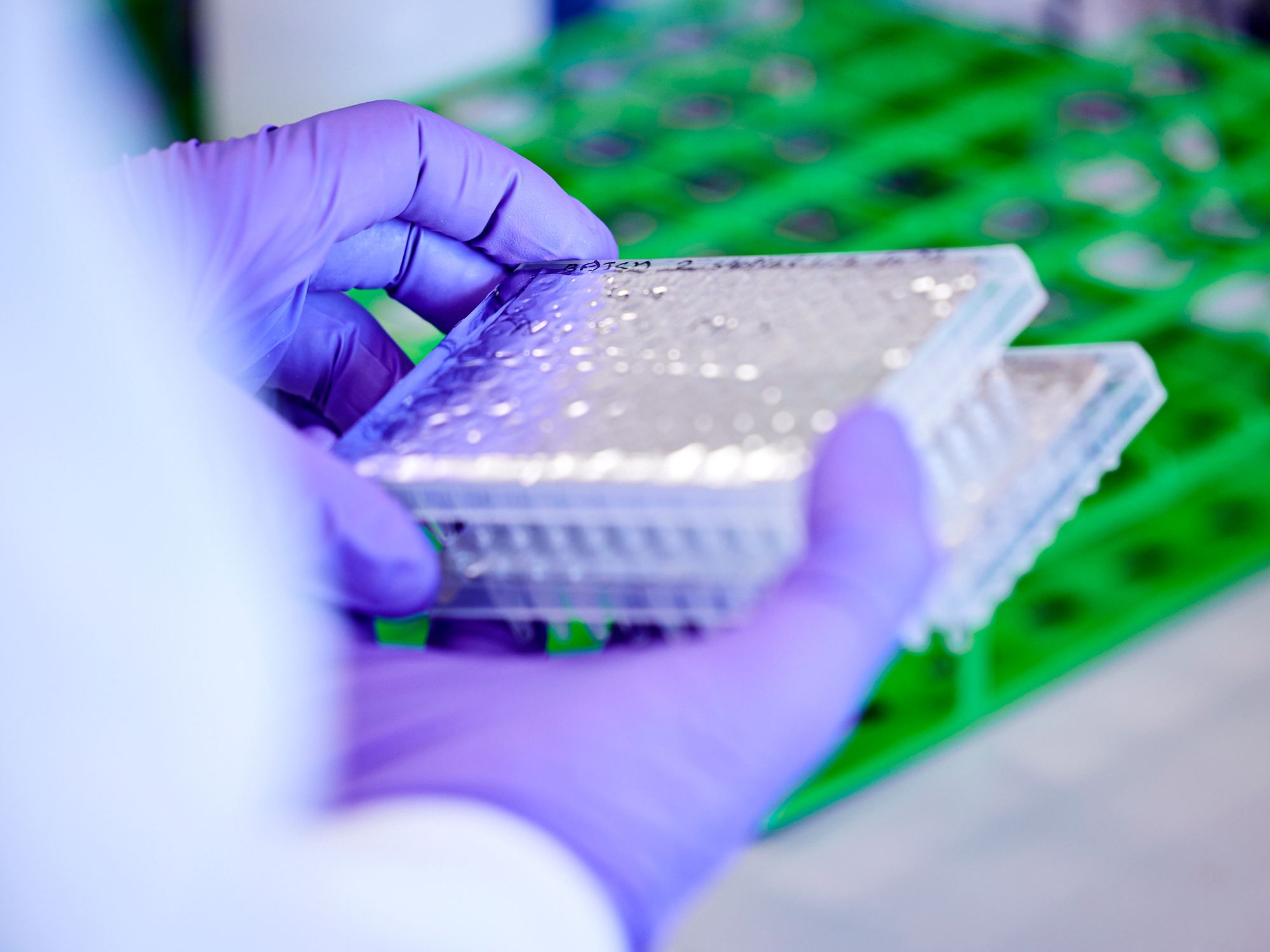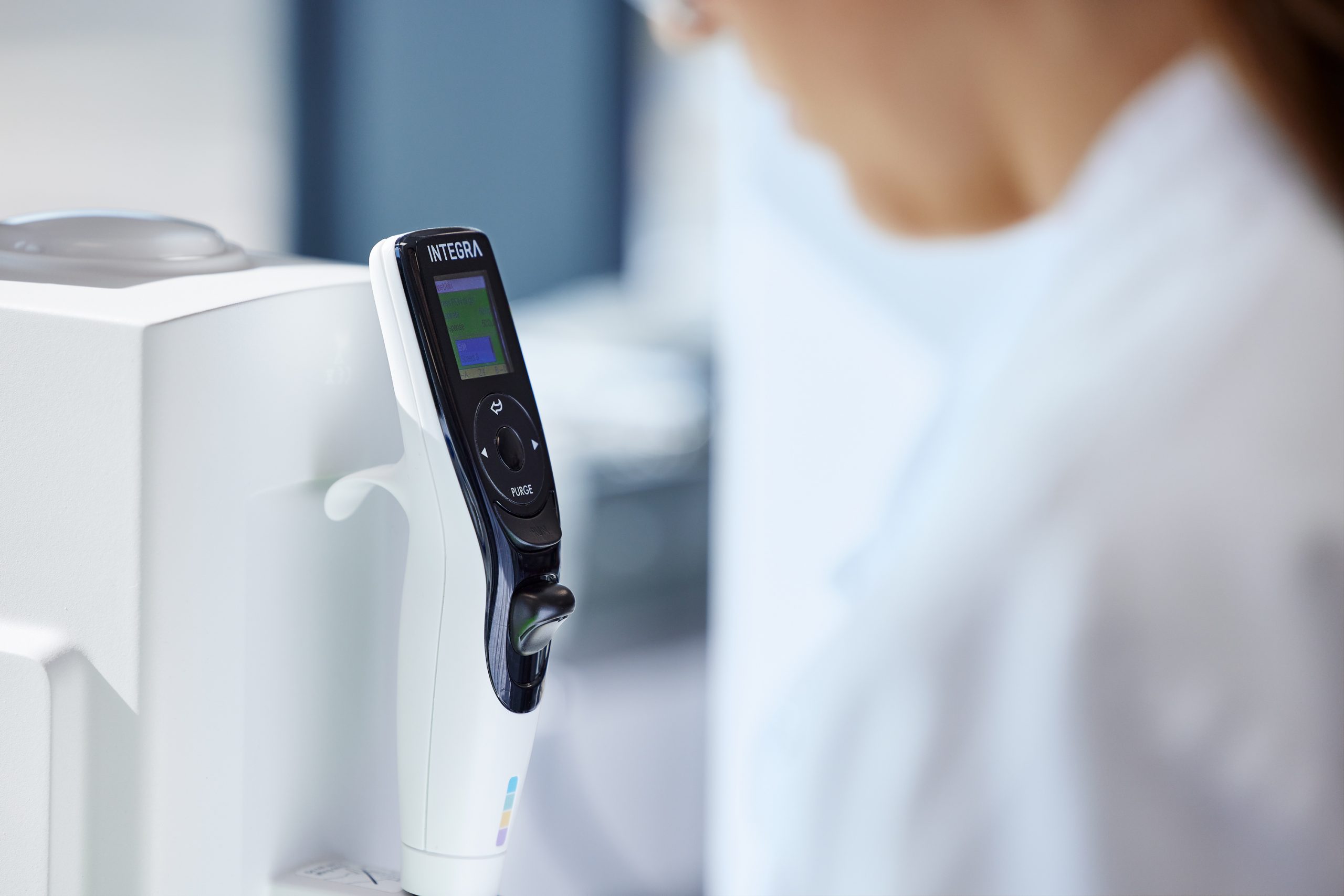

Anti-Infectives
Overview
Anti-microbial resistance represents a significant current healthcare burden and future societal challenge.

This is exacerbated by a dearth of new antibiotics with novel mechanisms of action being identified and pursued. Bicycle® molecules may be well suited for this application as they resemble natural products but are fully chemically tunable. We have already identified a number of novel anti-microbials that may respond to this therapeutic need and are progressing these through pre-clinical assays. The O’Neil report in 2016 identified a pressing need to develop new anti-microbial therapeutics, forecasting that deaths from increasing anti-microbial resistance (AMR) could exceed those due to cancer by 2030. This prediction was upheld in a recent Lancet review (Lancet 2022 v399, i10325, p629-655). This is in part due to the lack of novel agents coming to market, as no new Gram negative treatments have been launched for over 30 years, and a general retreat by large pharma and biotechnology companies from the sector. We believe that our technology shares structural similarity with the majority of existing anti-microbial drugs, which are cyclic peptides.
Many anti-microbial compounds were identified from natural product screens and therefore, are not easily optimized due to their complex chemistry. In contrast, Bicycle molecules are easily optimized using affinity maturation to generate structure activity relationships and then simple chemistry.


Bicycle is using its proprietary platform to try to address the significant healthcare challenge of antimicrobial resistance and has identified multiple Penicillin Binding Protein 3 (PBP3) inhibitors that target a range of bacterial pathogens of concern.
PBP3 are enzymes critical in the assembly of the bacterial cell wall and are the target of many existing well validated anti-microbials/penicillins. These drugs are becoming increasingly ineffective as resistance mechanisms in bacteria lead to their inactivation through their overuse and the upregulation of enzymes that cleave these agents via beta-lactam cleavage. Bicycle molecules do not contain a beta-lactam ring, and so they may not be subject to the same resistance mechanisms and could potentially provide an alternative approach. Bicycle has used a series of awards from Innovate-UK (the innovation arm of the UK government) culminating in a recent significant Biomedical Catalyst award, and, in collaboration with expert investigators at the University of Warwick, is progressing these PBP3 inhibitors towards initial IND enabling toxicology testing.

